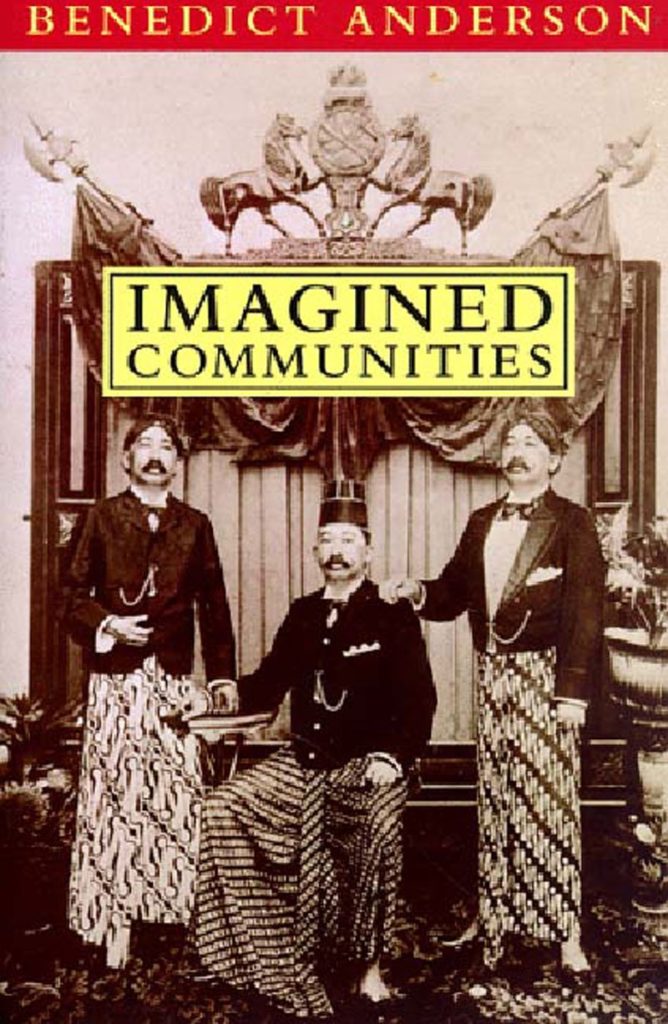Imagined Communities

How do you have a nation when large members of the community simply refuse to admit that other people are actually members of that community? The answer is that you don’t. And that’s where this nation is headed. See this in Wausau, Wisconsin:
A standing-room-only crowd packed a drab courthouse meeting room one recent night and tried to resolve a thorny, yearlong debate over whether Marathon County should declare itself “a community for all.”
The lone Black member of the county board, Supervisor William Harris, stood up and begged his colleagues who opposed the resolution to change their minds.
“I want to feel like I’m a part of this community,’’ he said. “That’s what a lot of our residents are saying. We want to contribute to our community. We want to feel like a part of this community.”
But a fellow board member was just as passionate at the meeting on Thursday in arguing that acknowledging racial disparities is itself a form of racism.
“When we choose to isolate and elevate one group of people over another, that’s discrimination,” said Supervisor Craig McEwen, a retired police officer who is white.
When George Floyd was killed in Minneapolis last May, communities and businesses all over the world engaged in a reckoning over social justice, diversity and inclusion. But while scores of other communities adopted new policies and issued proclamations vowing to make progress, the residents of Marathon County, with a population of 135,000 that is 91 percent white, couldn’t agree on what to say.
A year later, they still can’t.
About the only consensus that has emerged is that the prolonged fight over a four-word phrase has only made things worse, ripping at the communal fabric in this central Wisconsin county and amplifying the tensions that had been simmering before Mr. Floyd’s death.
The racial divisiveness that President Donald J. Trump stoked during his four years in the White House endures in the daily life of towns like Wausau, exacerbated by the deaths of Black Americans at the hands of white police officers, and leading to new battles over whether racism is baked into local institutions. Wausau is an old paper mill town now filled with working-class manufacturing workers, medical professionals and people who work in the tourism industry, but the schisms here serve as a window into the ways that opposing views of racial equity have roiled American life.
Wisconsin whites rejecting the idea that they can even name their town “a community for all,” which is about as meaningless a statement as one can create, is quite telling. They don’t see their town as a community for all. Or their state. Or their nation. They want those other people crushed, destroyed, killed, sent away. This is the core belief of the fascist movement. And there’s no difference in 2021 between fascism and the Republican Party.
I have trouble seeing how the nation stays together in a peaceful manner over the next 10-20 years while also maintaining a semblance of democracy.


